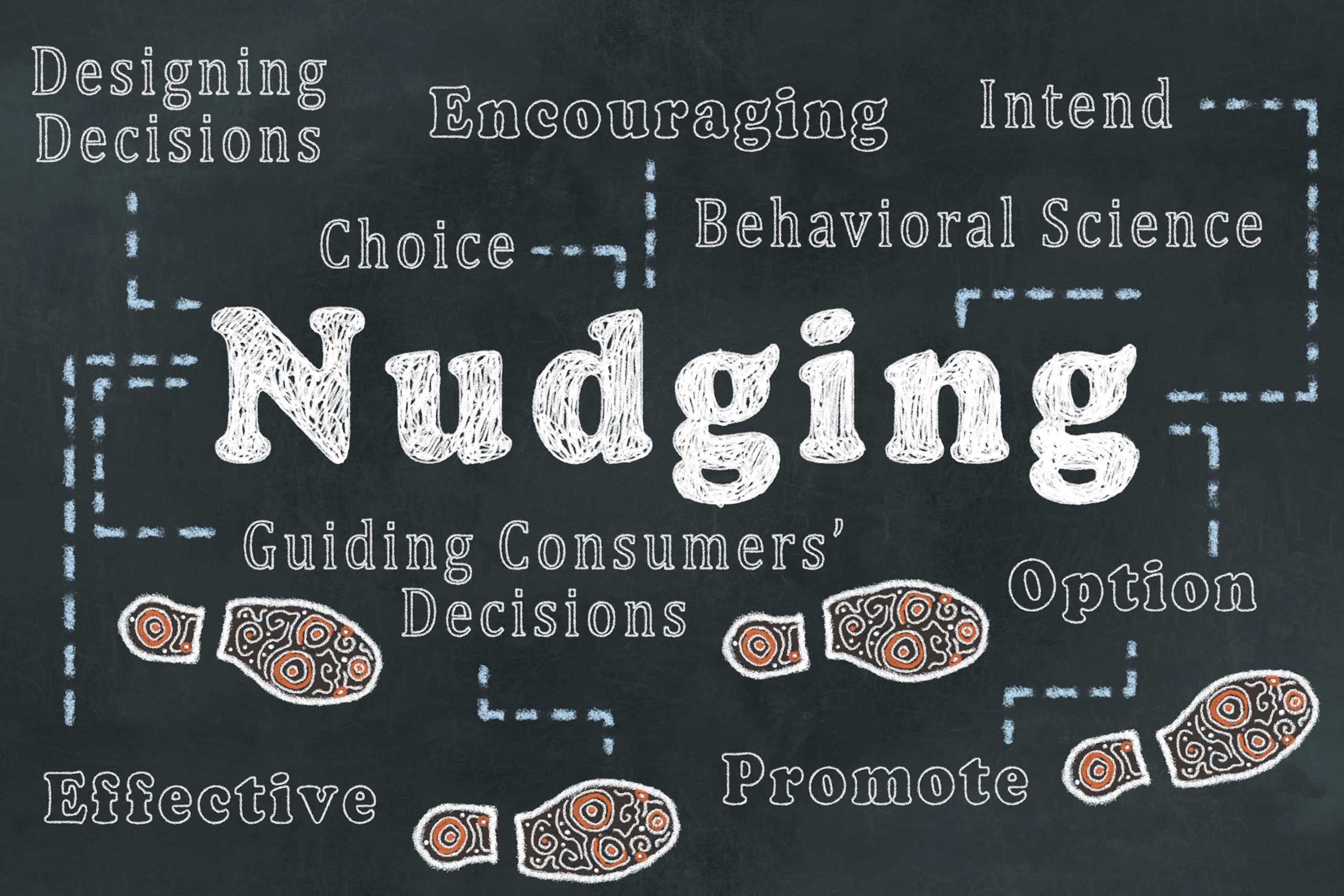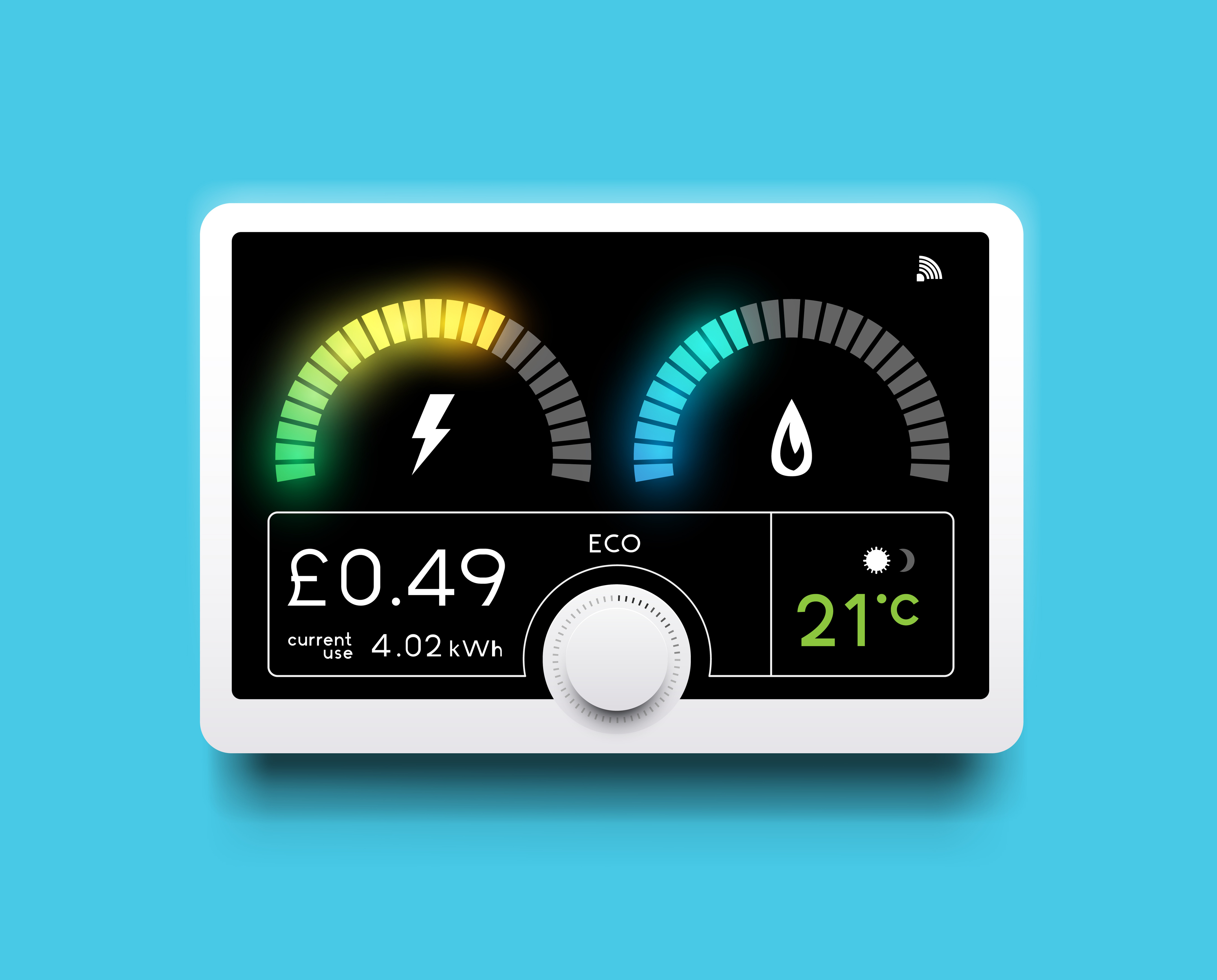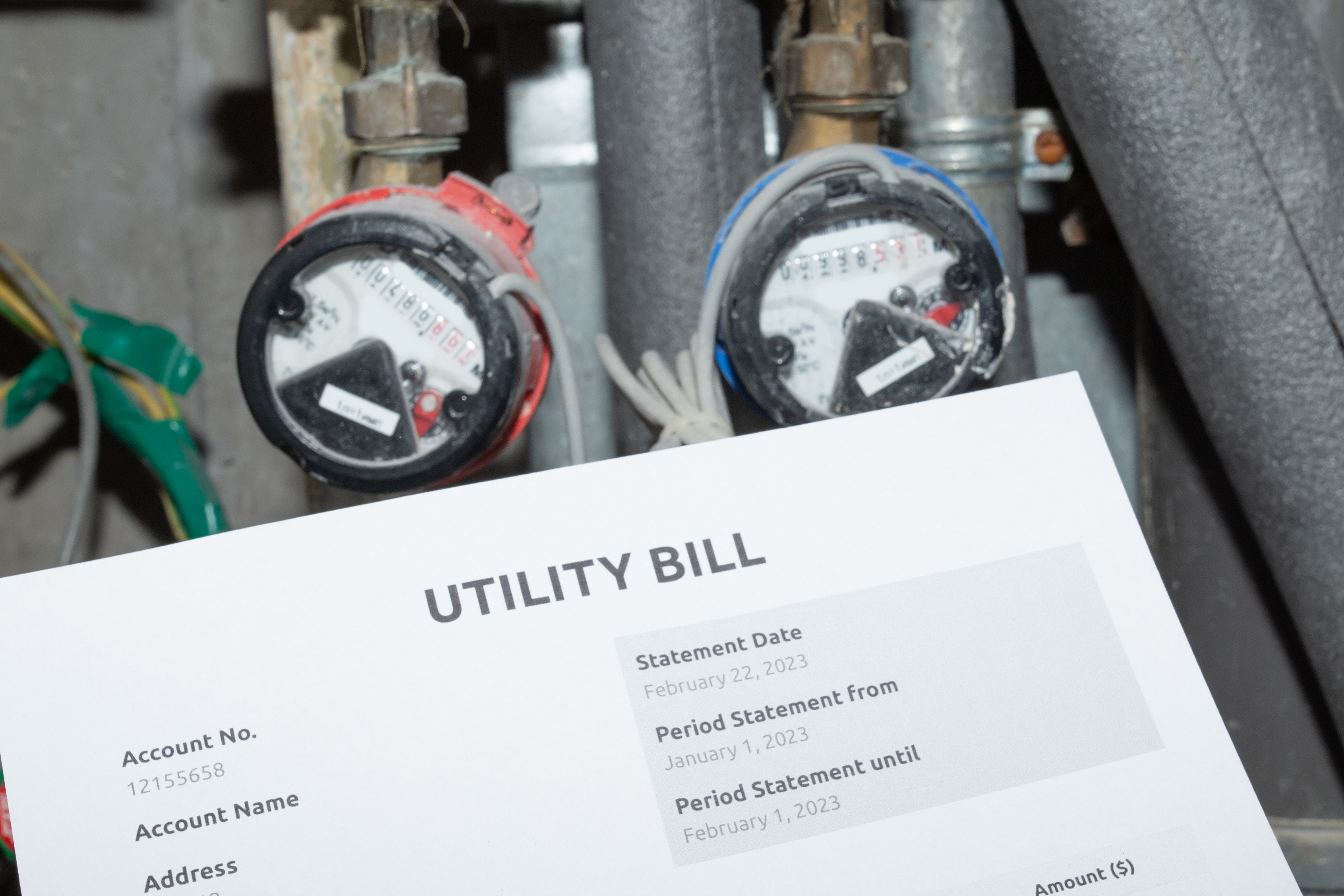Social norms are all around us, all the time. They govern how we behave within our social groups. “Norms” are collective representations of acceptable group conduct, or individual perceptions of group conduct. They’re a combination of cultural values, customs and traditions, and form people’s basic knowledge of how everyone should behave. For example, in many cultures – and quite prominently in the UK, there is a very strong social norm around the act of queuing. Those who try to jump the queue are quickly labelled as a pariah – worthy of scornful looks from others in the queue.
In an experiment on the social effects of queue jumping in New York in the 1960s, Stanley Milgram, the US psychologist famous for making his participants electrocute people, asked his colleagues to slide themselves into the middle of queues, while he recorded the observed reaction of others. To no surprise, his colleagues were quickly shouted at or physically removed from the queue. But the more interesting insight is found in the behaviours of his colleagues. They often needed around half an hour to build up the courage to even jump the queue. Milgram noted that in the lead up to the queue jump, his colleagues were so anxious to commit this violation of a social norm that they became visibly pale and suffered from nausea.
This fear of being sanctioned by the social group demonstrates the power of social norms in regulating behaviour. This is useful for well-established norms such as queuing or facing forward in an elevator. However, what happens to our behaviour when the social norm is not clear or specific enough?
This is the very issue posed by our water and energy consumption. We often have no reference point to determine whether the amount we are consuming is reasonable or not. Even if your utility company provides you with a recommended consumption level, would this seemingly arbitrary target reference point be motivation enough to change your long-standing behaviours? In the absence of trustworthy information to guide our behaviour, we often look to those around us to determine what we believe is normal behaviour.
This is how we use social norms within the Advizzo offering. By providing households with feedback regarding their own consumption, compared to the consumption levels of similar homes in their area, we achieve two goals. Firstly, information about how much water others consume helps to create a reference point for customers; it helps them make sense of their own consumption amount. Secondly, when customers observe that their consumption levels are higher than those of their social peers, customers become motivated to change their behaviours to better align with society.
Beyond water and energy consumption, the efficacy of social norms interventions has been found to be effective across many domains – from alcohol consumption, recycling, financial savings, hygiene, tax payments and many more.
As social animals, we are bound by the unwritten rules that we collaboratively create. In evolutionary theory, social norms are essential to helping us establish cultural learning and coordination – for the survival and benefit of our social groups. Today, we still fall back on to social norms to help us survive the threat of dwindling natural resources and the negative environmental impact of our own consumption habits.
Interested in the future of utilities ?



